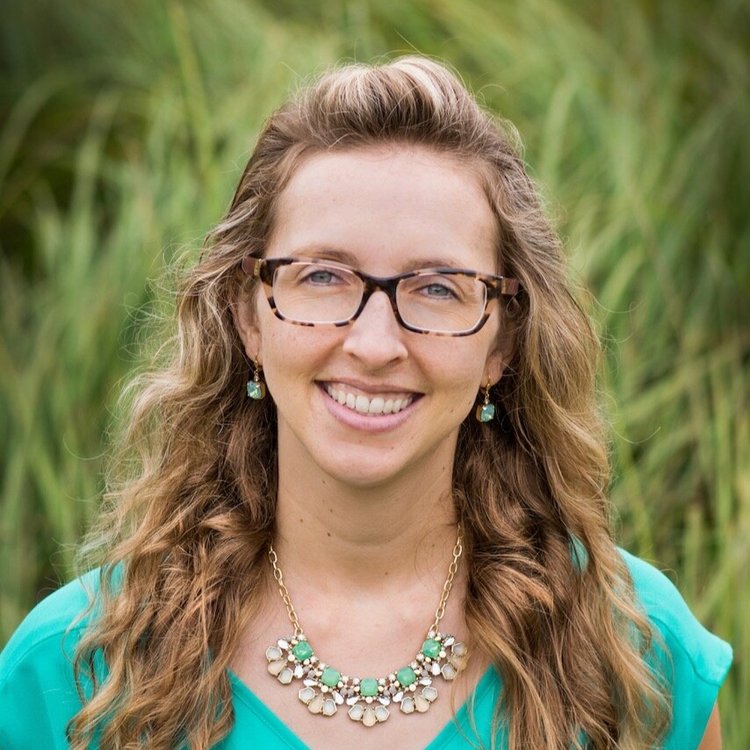Addiction & the Family System: Embracing Hope & Support in Recovery
- Dorothy Powers, LMFT

- Oct 31, 2025
- 3 min read
Addiction impacts more than the individual - it reshapes the entire family. But Christ-centered recovery brings healing, restoration, and hope for everyone involved.

How many of us will choose to surrender to God and walk into our pain with Christ instead of around it?
The journey of struggling to let go of a substance or process like pornography or gambling is the journey of coming to the end of self.
Addiction is both periodic and progressive. Many people can go lengths of time (months or even years) where they are not engaging in the addiction. This can contribute to a false sense of control. When people do not seek help, the addiction gets worse, in both frequency and/or intensity. Over time, people no longer find pleasure in their addiction, but need it to avoid physical or emotional withdrawal. Even people who struggle with pornography or screens can experience withdrawal.
By the time a person decides they are willing to get help, they’ve likely tried many “solutions” to stop the behavior or try to “manage it.” One great question to assess whether a behavior has become problematic or addictive is,
“Is this behavior negatively affecting my relationships?”
Loved ones of an addict often struggle with codependency. Here’s a helpful definition:
Codependency is the inability to experience peace in the face of another person’s pain or sin.
Anxiety builds in response to the pain caused by the addictive behavior, and it can lead to a variety of “fixing” behaviors, only adding to the dysfunction in the family system.
I know this dynamic well - I grew up with alcoholic parents. I did everything to solve my parents’ problems so that they would stop drinking and stop fighting. I failed to realize how much my own mental health was impacted by my role in this alcoholic family system. Even though I had never taken a drink myself, I decided to join a Christian 12-Step group. I had no idea that underneath my “good person” identity, I was filled with resentment, anger, and unforgiveness.
There was so much freedom in focusing on what I could control - myself. This is the power of the 12-Steps: exposing sin patterns and revealing the power of God as the real transformer of addictive behavior. Many people are not aware that the 12-Steps are built on a biblical foundation, and there are Scriptural principles behind each Step.
There is no expectation to have it altogether - come and bring your brokenness!
If you are struggling in your relationship with an addict, I encourage you to find a Christian 12-Step Group.
It’s easy to think, “I am not the one who needs to change, it’s my loved one that has the problem.” There is both pain and freedom in realizing that addiction is a family disease, and the unhealthy patterns extend beyond the addict. When we love an addict, we must surrender our ability to change them, making room for the Holy Spirit to work.
Step 7 in Celebrate Recovery reads: “We humbly asked Him to remove our shortcomings.”
The Scriptural counterpart is 1 John 1:9:
“If we confess our sins to one another, He is faithful and just to forgive our sins and purify us from all unrighteousness.”
If you are struggling with either an addiction or struggling in a relationship with an addict, and are willing to invest some work in yourself, it will be difficult.
Yet I can testify that by the power of Christ, the rewards have an eternal weight of glory.
If you are struggling with addiction, I encourage you to try a Christian 12-Step group and/or a 12-Step group specific to your area of struggle.

Dorothy Powers is a Marriage & Family Therapist and has been part of In Him Christian Wellness for 4 years. She is passionate about working with clients to bring restoration and healing to emotional, relational, and spiritual wounds.
She is passionate about how advances in neuroscience can inform treatment, and she is fascinated by how our minds and bodies are designed to regulate emotions through relationships. She helps clients discover how emotional wounds and broken patterns begin with the primary attachments made in infancy and childhood. Dorothy loves to invite God into the therapeutic space, being sensitive to how the client leads.
Outside of her professional life, Dorothy loves to garden, read, spend time in nature, and exercise.


Comments